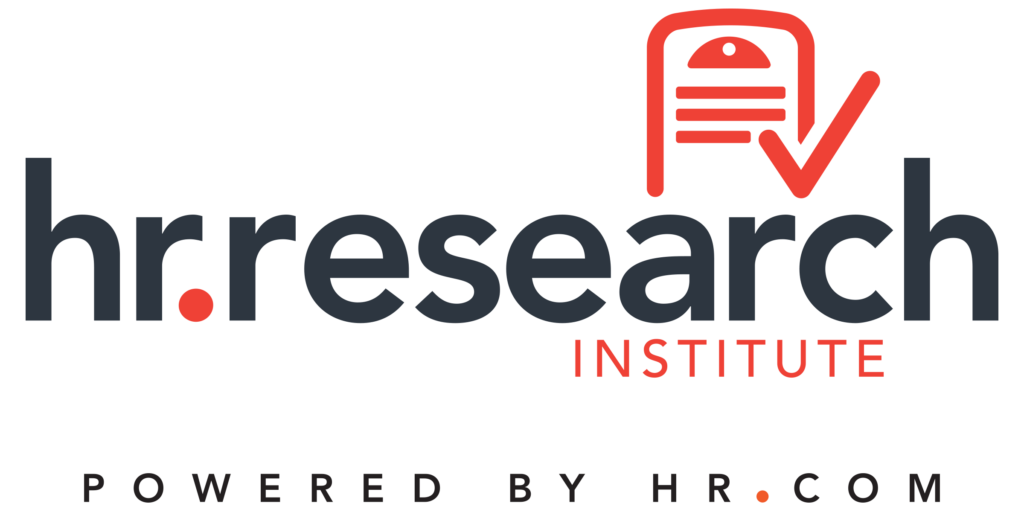
The most common characteristics of current human resources technology portfolios (aka, HR tech stacks) are related to employees rather than HR professionals: facilitate employee self-service (66%), allow employees to access components via mobile devices (65%), help the organization improve employee engagement (55%).
The importance of such characteristics has been amplified due to the Covid-19 pandemic. HR professionals have had to adapt quickly, using technology to better serve remote workers and support virtual teams.
The free research report, The State of Today’s HR Tech Stack 2021, is now available for download. HR.com’s Research Institute conducted the study of HR professionals to examine and track the state of HR technology stacks and to understand the required focus for managing human resource systems in the future.
The HR tech stack represents an organization’s totality of technological solutions that HR uses to achieve its strategic goals, fulfill its various roles, and carry out its tasks in easier, better, and more efficient ways.
While almost two-thirds (63%) of respondents say their HR tech stack supports the organization’s business goals and strategies well or extremely well, 37% say their tech stacks support goals and strategies only moderately well or worse.
The study also suggests that organizations have been using their HR tech stacks to adapt to the alternative work arrangements that became prevalent during the pandemic. Over three-quarters (78%) agree or strongly agree that their HR tech stack increases HR efficiency/productivity. Moreover, 75% agree or strongly agree that their HR tech stack is good at supporting the needs of employees and other stakeholders who work remotely.
When asked to indicate how HR tech stacks are expected to evolve over the next two years, the most commonly-cited responses are:
- improve the employee user experience (51%)
- provide higher quality data (42%)
- increase employee self-service (41%)
- improve integration abilities (41%)
“It’s critical right now, as we are still managing workforces with pandemic challenges, for employers to focus on the seamless integration of technologies that support remote work and user-friendly function,” stated Debbie McGrath, Chief Instigator and CEO of HR.com. “These kinds of work arrangements will extend past the pandemic. HR technologies will continue to be important to effectively manage and engage remote employees.”
Download the full report which includes details on eight key takeaways to help HR departments gain insights into how to improve HR technology stacks to serve their employees and ensure business success in the future.
DOWNLOAD RESEARCH REPORT: https://web.hr.com/xq0p
About HR.com and the HR Research Institute
HR.com’s HR Research Institute helps HR departments keep their finger on the pulse of HR! HR.com is committed to creating inspired and informed workforces by maximizing the potential of HR professionals around the world. Over 1.92 million HR professionals rely on HR.com as the foremost, trusted industry resource for education, career development, and compliance (that many people can’t be wrong!). Offerings include the largest network of HR executives, leading-edge industry research from the HR Research Institute, 13 monthly HR-themed epublications, innovative HR education including 250+ annual webcasts, the most comprehensive HR certification exam preparation program supporting SHRM and HRCI certification, as well as helpful HR tools and legal compliance updates. HR.com has the largest knowledge base of HR practices globally and offers unparalleled training and networking for HR professionals all over the world… 24/7… 365 (just in case you can’t get enough HR). Visit www.hr.com/hrresearchinstitute to download research (always free) and to maximize HR potential. #hrresearchinstitute
For more information, contact:
Jenna Watson Gudgel
PR Manager, HR.com
jenna@hr.com
